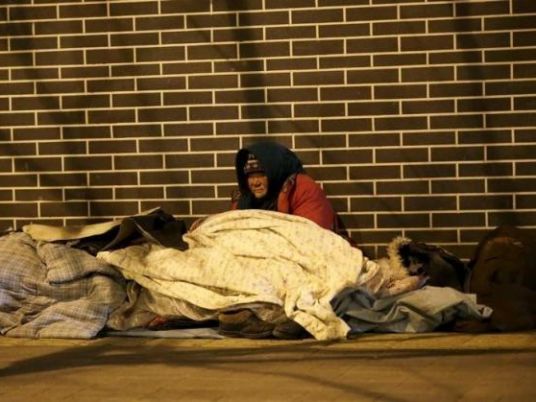Yesterday, 17 October, the world observed the 19th International Day for the Eradication of Poverty. In the words of Kofi Annan, former UN Secretary-General, the day presented “an opportunity to acknowledge the effort and struggle of people living in poverty.” Since the early 1990s, the eradication of poverty has re-emerged as a mainstay in the international community’s agenda.
The degradation of the environment remains one of the more pressing collective issues pertinent to poor countries. While poverty and the environment tend to be treated as separate, the link between the two can hardly be overlooked. Indira Ghandi first linked the two during the 1972 United Nations Conference on the Human Environment in Stockholm when she declared that “poverty is the worst form of pollution.”
In many developing countries, there is a trend of decreasing environmental well-being when low socio-economic conditions do not improve. They have an almost symbiotic relationship where they rise and fall together. While this is true, the poor stand to be the most affected by the environmental crisis. The reasons for this relationship vary.
Economists document wealth and greed as a main factor. As the rich get so disproportionately richer, they demand more resources. These tend to come most cheaply from the poorer countries that provide them, without the same sustainable standards. This leads to another factor: institutional and regulatory failure among poor countries with regards to the environment.
Common wisdom points to the fact that many governments misguidedly feel the need to sacrifice environmental considerations for the sake of improving a country’s economic conditions. Alongside this, a good deal of developing countries cannot afford things like renewable energy subsidies and other eco-friendly solutions.
Many studies point to the fact that existence of unsustainable environmental practices and hazards in turn aggravate poverty in the concerned areas, creating a cyclical affect between poverty and the environment.
Egypt’s government seems to recognize the link, as many of the proposed policies from the Ministry of Environment would suggest. Sara al-Sayed, a senior coordinator at the Wadi Environmental Science Center, believes the ministry has pinpointed many important problems and solutions, but lacks the support to implement them.
“They know the bad effects rice burning has on the environment and general well-being, for example…They know how to fix the whole problem to actually help turn it into an economic benefit, but they don’t have the ability to make it happen.”
As is the case with many inefficient governments, shortsighted policies and practices tend to lead to long-term setbacks.
A study conducted by the United Nations Environmental Program (UNEP) in 2006 highlights six common environmentally unsustainable practices in poor countries, and their effects on both the environment and the general population. Currently, 20 percent of all cultivated areas, 30 percent of forests, and ten percent of grasslands are undergoing degradation. Overgrazing, deforestation, fuel-wood consumption, agricultural mismanagement, industry and urbanization all directly lead to long-term land degradation which directly affect a country’s economic well-being. All these maladies tend to be the effect of either shortsighted policies or inefficient institutional management of the land.
Here in Egypt, the effects of the mismanagement of arable land on economic well-being are all too palpable. According to al-Sayed, many farmers who her organization has collaborated with around the country complain of agricultural/irrigation mismanagement and private sector urbanization and industrialization as affecting the land and the livelihood of many farmers.
“There are very few incentives left for people to farm, and maintain the land. This leads to [long term] damage and you see now we are one of the biggest food importers.” As they feel powerless to give to the land, the land obviously cannot give back to them.
The environmental crisis poses yet another reinforcement of the constantly perplexing "poverty trap." The alleviation of one will help solve the other. The question of which should go first is not as important as the need to work on both in tandem for a viable solution to either and both.


